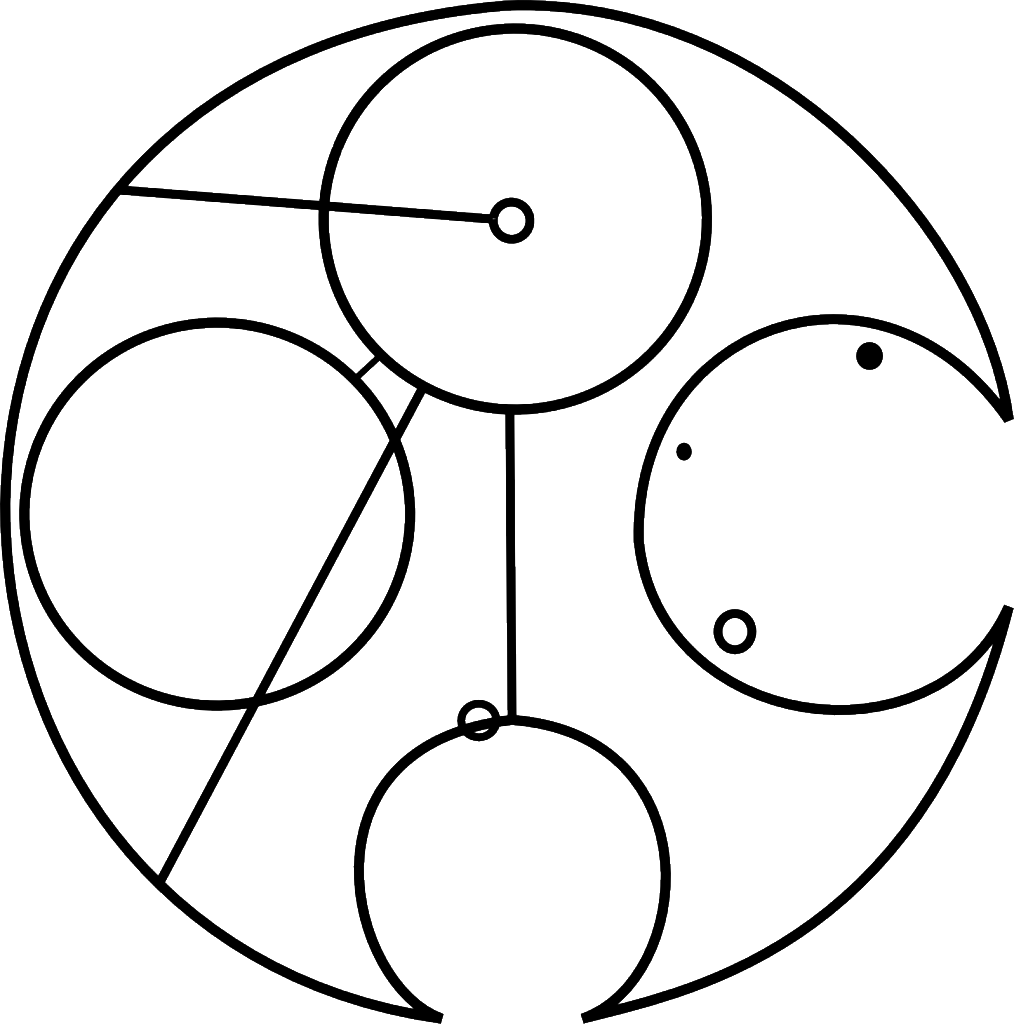This topic is incredibly complicated and doesn't really have a precise answer; in the end, it really is a preference issue.
I'll start by mentioning that the USDA regulated label is far from the definition of organic used by the traditional and original movement. Processed foods, food raised in monocultures, and food flown in from thousands of miles away can all get the label while blatantly breaking the basic tenants of the True Organic movement. The reason this happens is because the USDA answers to Big Agribusiness and their associated Big Food companies, thus allowing those two industries to write the regulations that will help them market their products.
However there are a lot of small farms out there that adhere to the original tenants of the organic movement and they are arguably doing a lot of good. Look up biodynamic farming and permaculture to learn a bit about how many farmers are able to create giant yields of various crops by working with nature, rather than against it. While it's not possible for a biodynamic farm to have a higher corn yield than a conventional farm, it could easily have a higher total yield when you include the companion crops grown with the corn such as ssuash and climbing beans (aka
the three sisters). Adding in livestock to a polyculture can further increase the caloric yield per unit of land well beyond what conventional farming currently accomplishes and while reducing the inputs needed to maintain the land such as topsoil and fertilizer.
As far as pest control goes, it's actually arguably better to go organic. Pesticides are an escalating arms race in the same way that antibiotics are with germs. Every pest that survives a pesticide spraying is going to reproduce a generation of offspring that will likely be as resilient as it was. Pesticides are just helping to speed up evolution in the pests. On the other hand, organic farms can control pests by growing plants that attract predatory insects. You can control aphids on your tomato plant just by having flowers nearby that attract ladybugs. The added benefit of using beneficial insects and other biodynamic farming tricks is that you don't contribute to pesticide loading in water sources, which can cause severe environmental damage.
Silent Spring, the seminal work of the American environmental movement shows just how damaging pesticide application can be to ecosystem and even human health. It also shows how corrupted the USDA was by big industry even back in the 60's; things haven't changed much.
Then there's the fact that a lot of conventionally grown produce is just gross. A lot of it is picked before it's fully ripened, is a lot less fresh than you think it is (especially out of season), is grown to be big rather than tasty, etc. The tomato is actually one of the best examples; conventionally grown tomatoes are not even in the same league as those grown by a small farm or even in one's own garden.
Lastly, we don't really need pesticides and fertilizers to feed people. Reducing the amount of meat wealthy global citizens eat would go a lot farther than pesticides and GMOs. Fixing the economics of food would go a lot farther too. (There have been many countries in the past that have suffered mass starvations despite being food exporters.) Pesticides, artificial fertilizers, hormones, antibiotics, and GMOs are just ways to try and cut the number of people needed to run a farm, further increasing margins for the big industry players. Not to mention that most of those technologies are being used in countries that have stagnating or declining populations. Places with starvation issues are still predominantly farming the old fashioned way and among the more successful ways of increasing food yields and access are microlending and farmers' cooperatives.
I could go on a lot more about farming if anyone is interested. I could recommend a couple of books that got me interested on the topic. I also have a bunch of random knowledge from my past involvement with a small organic farm and from working in a soil nutrient analysis lab that ran my state's agricultural cooperative extension.
I got tired of looking at Drawed's face.





